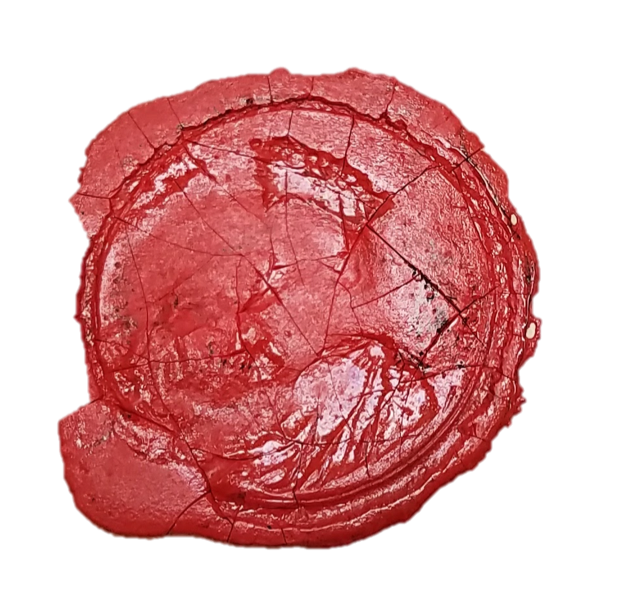About This Course
Critical Digital Archives was taught in the fall of 2018. This website was finalized as a static site in February of 2019 and archived on archive.org.
Instructors
Hannah Alpert-Abrams
she, her, hers | please call me Hannah
E-mail: halperta@gmail.com
Office: SRH 1.324
Office Hours: Tuesday 1-4, by appointment: https://halperta.youcanbook.me
I am a CLIR Postdoctoral Fellow in Data Curation for Latin American Studies at the University of Texas at Austin (2017-2019). From 2015-2017, I managed the Reading the First Books project at LLILAS Benson Latin American Studies and Collections. As a CLIR fellow, I am working with the digital archive of the Policía Nacional de Guatemala as part of the post-custodial digital archiving initiatives at LLILAS Benson. I earned my PhD in comparative literature from the University of Texas at Austin in 2017.
Kelly McDonough
she, her, hers | please call me Kelly
E-mail: kelly.mcdonough@austin.utexas.edu
Office: BEN 3.142
Office Hours: Tues 2:30-5:30, by appointment: https://kellysmcdonough.youcanbook.me/
I am an associate professor in Spanish and Portuguese at the University of Texas at Austin. My research has focused on how indigenous people—specifically Nahuas in Mexico—have utilized the written word to shape and respond to modernity as intellectuals within and beyond their communities of origin, from the colonial period through the present day. This broad research goal encompasses three primary fields: 1) Colonial/Postcolonial Latin American Literary/Cultural Studies; 2) Critical Indigenous Studies; and 3) Ethnohistory. My current work deals with indigenous (primarily Nahua) science and technology.
Course Description
In this interdisciplinary graduate seminar we will explore theoretical and practical issues related to the creation, access, and discovery of archives and special collections, including acquisition, description and technical specifications, community building, and post-custodial models. With emphasis on critical archival theory and state-of-the-art digital humanities approaches, this course draws from literary & cultural studies, information studies, critical indigenous studies, history, art history, and anthropology as we build a rigorous theoretical framework and engage in hands-on practice. This course will pair humanistic approaches to the (de)colonial archive with practice and theory from information science and the digital humanities.
The first unit focuses on colonial archives and special collections, using the Benson Latin American Collection as a case study. This unit surveys the field of critical archival studies from literary studies, history, and information studies. The final assignment asks students to consider the ethical obligations of special collections with colonial holdings by proposing a response to the Protocols for Native American Archival Materials, recently endorsed by the Society of American Archivists.
The second unit focuses on human rights and social justice archives, using the Archivo Histórico de la Policía Nacional of Guatemala as a case study. This unit explores the ethical complications of working with sensitive collections, as well as the practical application of these theories to digital archvies with a human rights component. As a final assignment, students are asked to propose a humanities media project that will create supplemental materials to the AHPN website that address some of the ethical concerns addressed in the unit.
The third unit focuses on indigenous and community archives. This unit explores archival structures and activities that exist outside of or beyond academic or state institutions. The final assignment, which will be designed collectively by students, asks students to propose and enact a community-centered action responding to needs, problems, or opportunities posed by a collection or archive of their choice.
